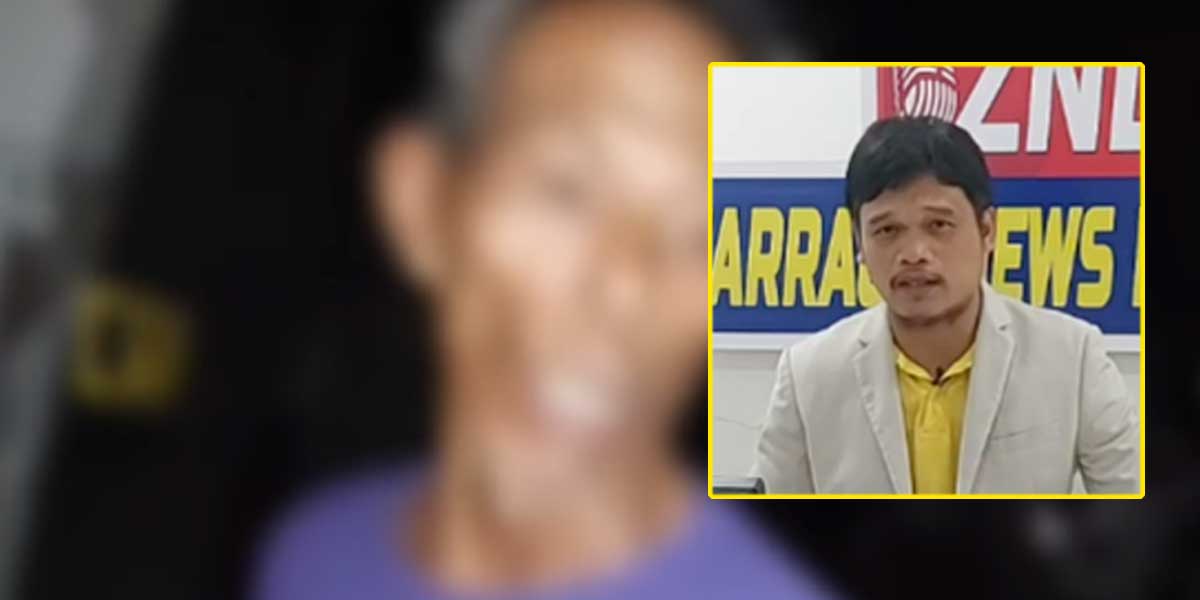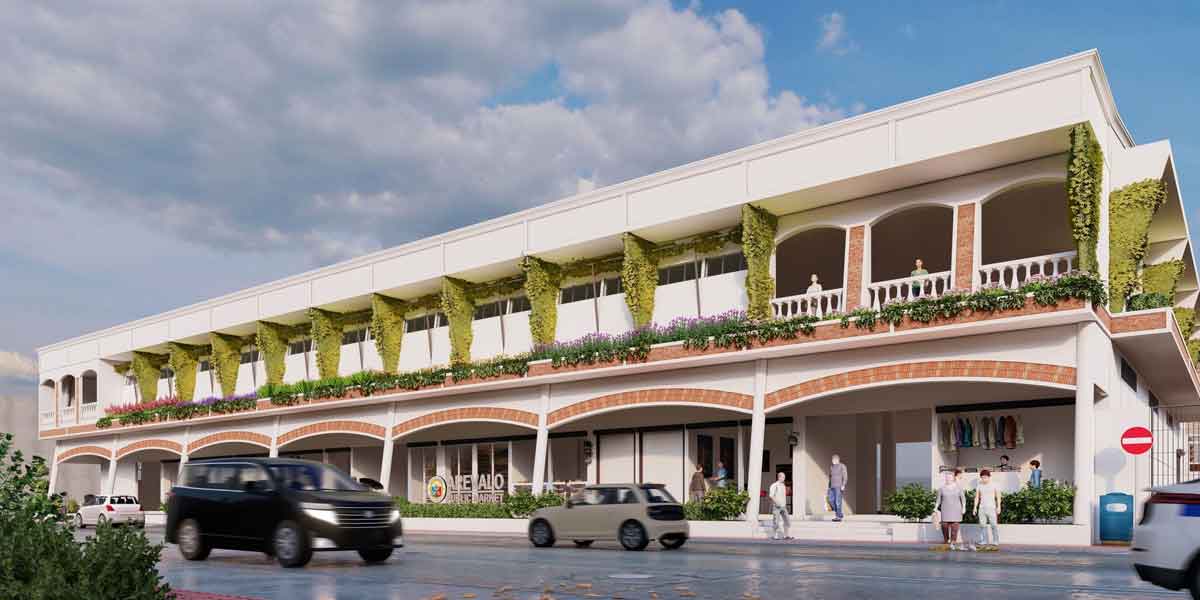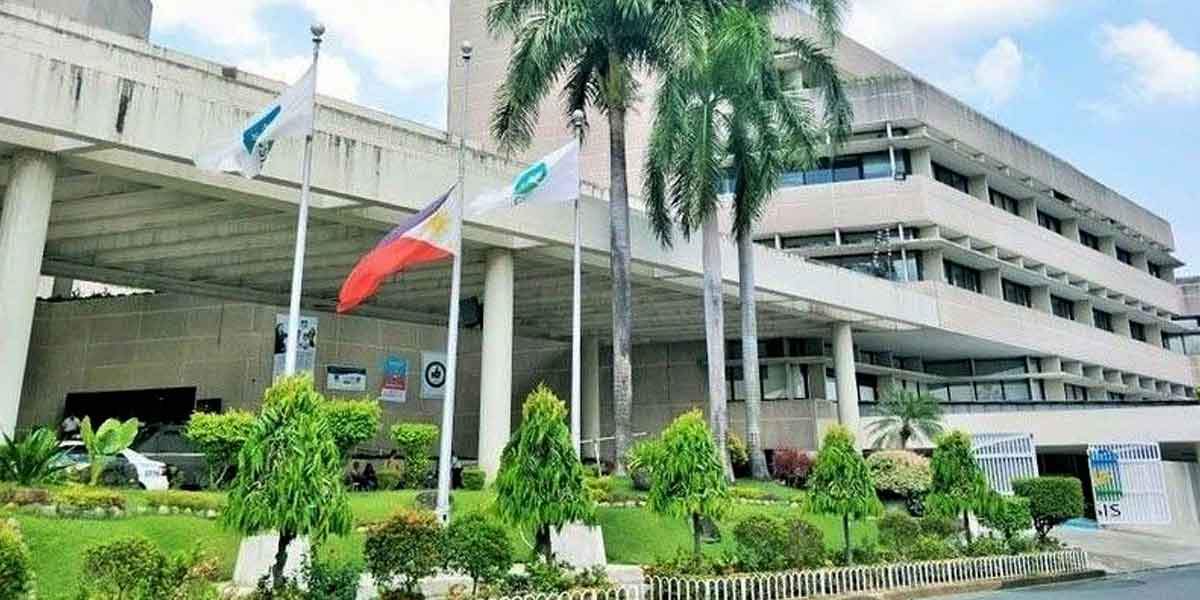 By Joshua Corcuera
By Joshua Corcuera
Christmas and New Year have come and gone, the holidays are over, and everything is back to normal — or is it? How unforgettable 2020 is due to the fact that it brought misery to society. From a pandemic to the ensuing economic recession, natural disasters adding to the chaos, and so on — 2020 is one for the history books. Despite what has transpired, however, those who lived to see the light of the recent holidays did what humans used to do — celebrate. A highly contagious illness did not deter Filipinos from celebrating Christmas and New Year, though in a different manner. And after the celebrations, the harsh reality — that the pandemic is not yet over and that normalcy has not yet fully returned. But there is hope that it will soon be over. At the same time, though, do not be complacent nor be overconfident.
During the final weeks of 2020, there was good news: vaccines were being used by developed countries to secure their vulnerable population particularly the elderly and health workers. The bad news: the Philippines is not a developed country. As a matter of fact, according to the Economist Intelligence Unit (EIU), rich countries will get access to coronavirus vaccines earlier than others. The EIU report revealed that, just like most countries in Southeast Asia and Africa, coronavirus vaccines would be widely available in the Philippines starting April 2022 until 2023. Consequently, Filipinos will have to wait some time to be vaccinated and be secured from the coronavirus. Only time will tell whether Filipinos would have access to vaccines on or before the estimates by the EIU.
Besides access to vaccines, the daily reported cases of the coronavirus in the country in recent weeks are still in the thousands. This creates a tricky dilemma between promoting public health safety and re-opening the economy. Even though many people are only going outside for errands, there is still a chance that one will contract the coronavirus. Hence, preventive measures such as wearing masks, observing physical distancing, and staying at home if possible are still necessary not only for the safety of an individual, but also for the sake of the common good. Moreover, restrictions on movements are expected and society cannot fully return to what it once was. For students like me, the academic year is very likely to end the way it started — online. People must be aware of such facts and not be overconfident that 2021 would be entirely positive.
Overall, after celebrating the holidays despite the pandemic, we wake up to a harsh reality — a reality that some might be unaware of. That the public health crisis is not over, that the economy is still struggling to recover, that schools and universities would very likely teach students online once more — these are the facts that we must acknowledge as we enter 2021. It may be a new year, but the crisis isn’t — and we would likely struggle much longer than what we thought. By being aware of this harsh reality, we can do something — hopefully — to alleviate our suffering.




















